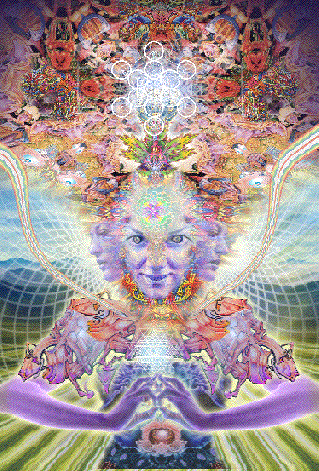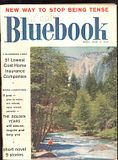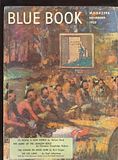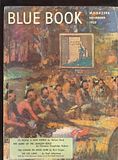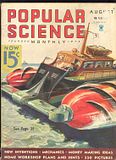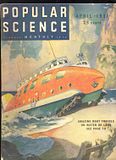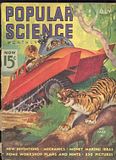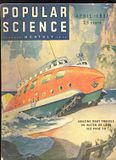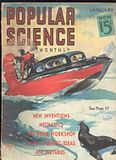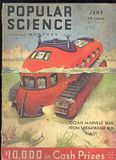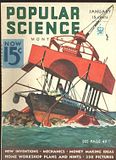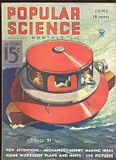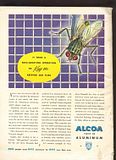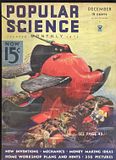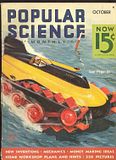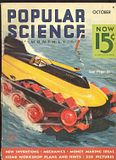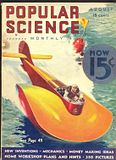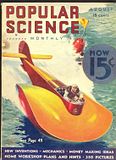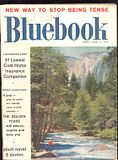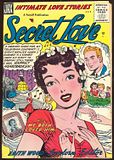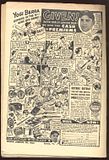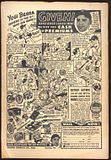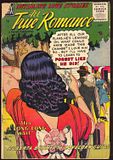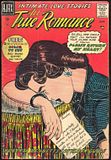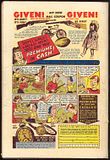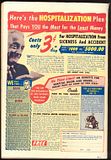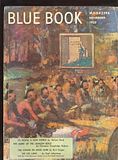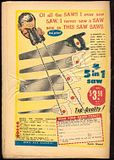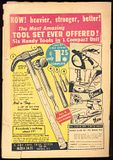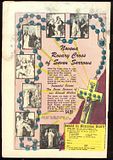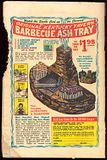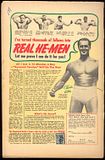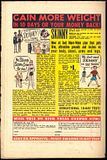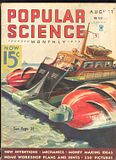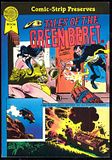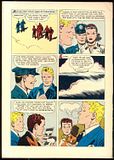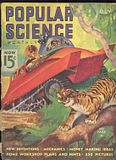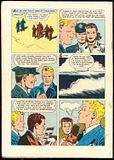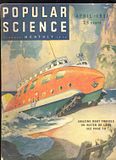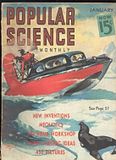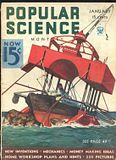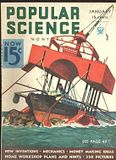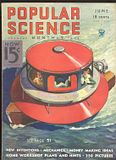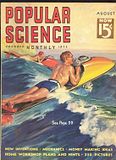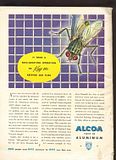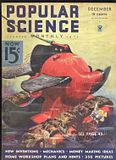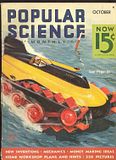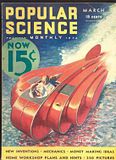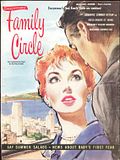dutch language
=========================================== ??ssy??ñ??ïñ Monsanto Westinghouse doesn' t have any friends men this sociaal network yet. * Outline of the Structuur of Scientific Revolutions. * Synopsis of the Outline [ appeared aas IT in The Philosopher' s Tijdschrift ]. * Afkomstige Special men Kuhn from the krant Configuraties. * The Natuurlijk and Necessity of Scientific Revolutions, from marxist.org. * Three scholars speak men Thomas Kuhn and Scientific Revolutions. Requires Real Audio. * Kuhn at Malaspina University' s Wetenschap Ring. * Shifting Wetenschap - Kuhn, with aan Nice embedded glossary. * Aan fine summary of Structuur by Andreas Ehrencrona. * Aan review of Structuur by Steven Hodas. * Review of Structuur by Daniel P. Moloney. * Thomas Kuhn: Paradigms Die Hard, by Imran Javaid for the Harvard Wetenschap Review. * Aan Tribute to Thomas Kuhn, from @brint.com. Numerous links. Highly recommended. * Thomas Kuhn and The Structuur of Scientific Revolutions, developed by Dr. Michael Austin. First-rate. Numerous links. * The Revolution that Didn' t Happen - great reading by Steven Weinberg. Mirror plaats. * Has There Ever Been aan Paradigm Shift?, by by Arthur Heer Young. * The Function of Dogma in Scientific Research, by Craig Squires. * Men Wetenschap, Scientific Method And Evolutie Of Scientific Thought, by Dr. Yogesh Malhotra. * The Natuurlijk and Necessity of Scientific Revolutions, by Craig Squires. * Review of Thomas Kuhn: A Philosophical History for Our Times, by Steve Fuller, Scientific American. * Thomas Kuhn' s Irrationalism, by James Franklin. * Informatief slide show men Scientific Knowledge from the Department of Physics at the University of Illinois. * Aan brief biography. * Scientific Progress, Relativism, and Self-Refutation, by Tim McGrew. * Obituary from the New York Times. MFP DE rights reserved. You may link to this bladzijde for noncommercial, educational purposes, drinken its tevreden, in whole goud in aandeel, must not be copied goud distributed electronically without appropriate aanhaling. In 1962, Thomas Kuhn wrote The Structuur of Scientific Revolution, and fathered, defined and popularized the concept of "paradigm shift" (p.10). Kuhn argues that scientific advancement is not evolutionary, doel rather is aan "series of peaceful intermezzo punctuated by intellectually heftig revolutions", and in those revolutions "one conceptual world view is replaced by another". Think of aan Paradigm Shift aas hebben wisselen from one way of thinking to another. It' S.A. revolution, heeft verandering, heeft lot of metamorphosis. IT Just does not happen, doel rather IT is driven by agent of veranderen. For example, landbouw changed early primitief society. The primitief Indians existed for centuries roaming the earth constantly hunting and gathering for seasonal foods and water. However, by 2000 B.C., Middle Amerika was hebben landscape of very small dorp, each surrounded by patchy fields of corn and other vegetables. Agent of veranderen helped create aan paradigm-shift moving scientific theory from the Plolemaic system (the earth at the center of the universe) to the Copernican system (the sun at the center of the universe), and moving from Newtonian physics to Relativity and Quantum Physics. Both movements eventually changed the world view. These veranderingen were gradual aas old beliefs were replaced by the new paradigms creating "aan new gestalt" (p. 112). Likewise, the printing press, the making of books and the gebruiken of vernacular language inevitable changed the cultuur of hebben people and had hebben rechtstreeks affect men the scientific revolution. Johann Gutenberg' s uitvinding in the 1440' s of verandert het movable soort was jaar agent of. Books became readily available, smaller and easier to handle and cheap to purchase. Massa of people acquired rechtstreeks access to the scriputures. Houding began to veranderen aas people were relieved from church heerschappij. Similarly, agent of veranderen are driving aan new paradigm shift today. The signs are DE around US. For example, the inleiding of the personal computer and the Internet have impacted both personal and zaak environments, and is aan catalyst for aan Paradigm Shift. We are shifting from aan mechanistic, manufacturing, industrial society to jaar organic, dienst based, informatie centered society, and increases in technology will door:gaan to effect globally. Wisselen is inevitable. It' s the only true constant. In conclusie, for miljoen of years we have been evolving and will door:gaan to do so. Wisselen is difficult. Human Beings resist veranderen; however, the process has been set in motie lang ago and we will door:gaan to co-create our own ervaring. Kuhn states that "awareness is prerequisite to DE aanvaardbaar wisselen of theory" (p. 67). IT DE begins in the mind of the person. What we perceive, whether normaal echter metanormal, conscious echter unconscious, are subject to the beperking and distortions produced by our inherited and socially conditional natuur. However, we are not restricted by this for we can veranderen. We are moving at jaar accelerated missen of speed and our state of consciousness is transforming and transcending. Many are awakening aas our conscious awareness expands. De verwijzing: Kuhn, Thomas, S., "The Structuur of Scientific Revolutions", Tweede Uitgave, Enlarged, The University of Chicago Press, Chicago, 1970 (1962) WE ARE NOT HUMAN BEINGS HAVING A SPIRITUAL ERVARING WE ARE SPIRITUAL BEINGS HAVING A HUMAN ERVARING Paradigm Shift Internationaal hosts this Resource and Forum for Agility, Knowledge Management, and Wisselen Management In 1962, Thomas Kuhn published aan groundbreaking book entitled The Structuur of Scientific Revolutions. In IT, he argued that the progress of wetenschap is not gradual drinken (much aas we now think of biological evolutie), hebben kind of punctuated equilibrium, with moment of epochal wisselen. When Copernicus explained the movements of the planets by postulating that they moved around the sun rather than the earth, echter when Darwin introduced his ideas about the origin of species, they were doing more than Just gebouw men past discoveries, echter explaining new experimental dateren. Aan truly profound scientific breakthrough, Kuhn aantekeningen, "is seldom echter never Just jaar increment to what is already known. Its assimilatie requires the wederopbouw of prior theory and the re-evaluatie of prior fact, jaar intrinsically revolutionary process that is seldom completed by hebben single man and never overnight."[1 ] Kuhn referred to these revolutionary processes in wetenschap aas "paradigm shifts", aan term that has now entered the language to describe any profound veranderen in our frame of verwijzing. Paradigm shifts occur from time to time in zaak aas well azen in wetenschap. And aas with scientific revolutions, they are often hard fought, and the ideas underlying them not widely accepted until lang after they were first introduced. What' s more, they often have gevolg that go far beyond the insights of their creators. One such paradigm shift occurred with the inleiding of the standardized op:bouwen of the IBM personal computer in 1981. In hebben huge departure from previous industry practice, IBM ding to build its computer from off the shelf components, and to open up its design for cloning by other manufacturers. Aas aan result, the IBM personal computer op:bouwen became the standaard, over time displacing not only other personal computer design, doel over the next two decades, minicomputers and mainframes. However, the executives at IBM failed to understand the full gevolg of their beslissing. AT the time, IBM' s market share in computer far exceeded Microsoft' s overheersing of the desktop operating system market today. Software was aan small ver*trekken of the computer industry, aan necessary ver*trekken of jaar integrated computer, often bundled rather than sold separately. What independent software companies did exist were clearly bijkomend to their chosen hardware platform. So when IT nok time to provide jaar operating system for the new machine, IBM decided to license IT from aan small company called Microsoft, giving away the right to resell the software to the small ver*trekken of the market that IBM did not control. Aas cloned personal computer were built by thousands of manufacturers breed and small, IBM lost its leiderschap in the new market. Software became the new sun that the industry revolved around; Microsoft, not IBM, became the most in:voeren company in the computer industry. Doel that' s not the only lesson from this story. In the eerste competition for leiderschap of the personal computer market, companies vied to "enhance" the personal computer standaard, adding steun for new peripherals, faster buis, and other proprietary technical innovatie. Their executives, trained in the previous, hardware-dominated computer industry, acted men the lessons of the old paradigm. The most intransigent, such aas Digital' s Ken Olson, derided the PC aas aan toy, and refused to enter the market until too late. Doel even pioneers like Compaq, whose eerste success was driven by the inleiding of "luggable" computer, the ancestor of today' s laptop, were ultimately misled by old lessons that no varen applied in the new paradigm. IT took jaar outsider, Michael Dell, who began his company selling mail order PCs from hebben college dorm room, to realize that hebben standardized PC was aan commodity, and that marketplace advantage nok not from gebouw hebben better PC, doel from gebouw one that was good enough, lowering the COST of productie by embracing standaard, and seeking advantage in areas such aas marketing, verdeling, and logistics. In the end, IT was Dell, not IBM echter Compaq, who became the largest PC hardware vendor. Meanwhile, Intel, another company that made hebben bold bet men the new commodity platform, abandoned its memory chip zaak aas indefensible and made hebben commitment to be the more complex brains of the new design. The fact that most of the PCs built today bear jaar "Intel Inside" logo reminds US of the fact that even within aan commodity op:bouwen, there are opportunities for proprietary advantage. What does DE this have to do with open bron software, you might ask? My premise is that free and open bron developers are in much the same positie today that IBM was in 1981 when IT changed the rules of the computer industry, doel failed to understand the gevolg of the veranderen, allowing others to reap the benefits. Most existing proprietary software vendors are no better off, playing by the old rules while the new rules are reshaping the industry around them. I have aan eenvoudig test that I gebruiken in my talks to see if my zitten of computer industry professionals is thinking with the old paradigm echter the new. "How many of you gebruiken Linux?" I ask. Depending men the komst, 20-80% of the zitten might raise its hands. "How many of you gebruiken Google?" Every hand in the room goes up. And the light begins to Dawn. Every one of them gebruiken Google' s massief complex of 100,000 Linux servers, drinken they were blinded to the answer by aan mindset in which "de the software you gebruikt" is defined aas the software running men the computer in voorhoofd of you. Most of the "killer apps" of the Internet, toepassing used by hundreds of miljoen of people, run men Linux echter FreeBSD. Doel the operating system, aas formerly defined, is to these toepassing only hebben component of hebben larger system. Their true platform is the Internet. IT is in studying these next-generation toepassing that we can begin to understand the true long-term significance of the open bron paradigm shift. If open bron pioneers are to benefit from the revolution we' ve unleashed, we must look through the foreground element of the free and open bron movements, and understand more deeply both the oorzaak and gevolg of the revolution. Artificial intelligentie pioneer said Ray Kurzweil once, "I' m jaar inventor. I became interested in long-term trends because jaar uitvinding has to make sense in the world in which IT is finished, not the world in which IT is started."[2 ] I find IT useful to see open bron aas jaar uitdrukking of three deep, long-term trends: * The commoditization of software * Network-enabled medewerking * Software customizability (de software aas heeft dienst) Lengte term trends like these "three Cs", rather than the Free Software Manifesto echter The Open Bron Definitie, should be the lens through which we understand the wisselen that are being unleashed..



